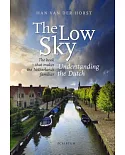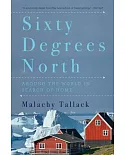William Gilpin began traveling in search of picturesque scenes in the 1770s. His five books of journeys not only record what he saw, but evaluate every scene with critical rigor. With these
books, Gilpin can be thought of as the father of the picturesque. Observations on the River Wye was the first of Gilpin’s books, representing a founding text of the romantic movement.
It is illustrated with 17 aquatints that demonstrate the essentials of particular landscapes—essentially, they are lessons in how to look. To read Gilpin and to look at his prints is to enter
an entirely 18th-century world, whose influence on the way we look and think today is uncanny. Richard Humphreys, a curator at the Tate Gallery, assesses Gilpin’s impact as well as his
continuing legacy.





















